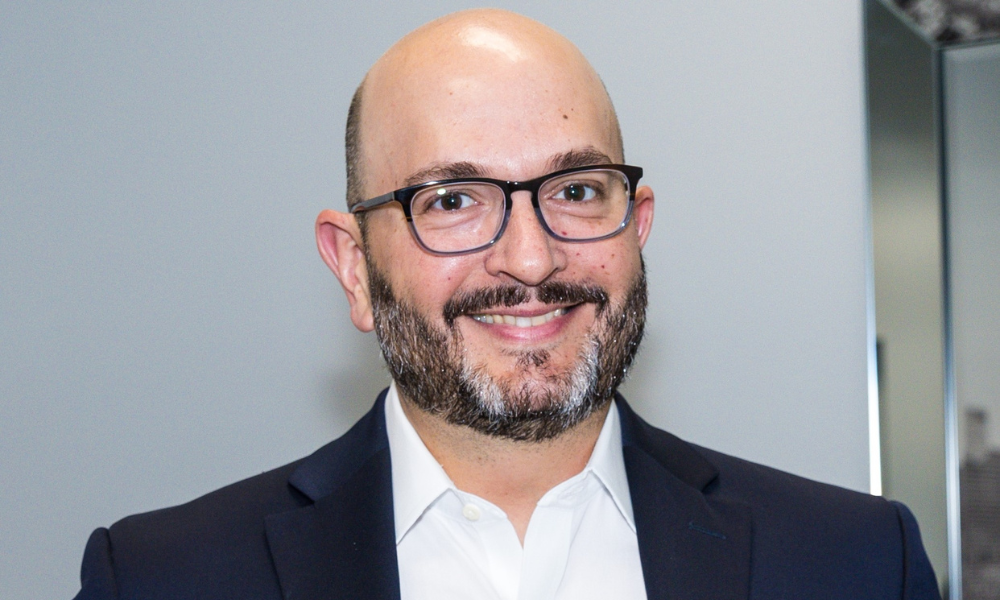

Ivan Illán has watched the rise of AI in the field of wealth management from its inception. As the founder and chief investment officer at Aligne Wealth Advisors, he says that while AI is innovative, there are also complexities and challenges that come with its integration, especially within heavily regulated industries like finance.
"Certainly our regulator, the SEC, has gotten very interested in this ... they’re being very punitive on firms that are misrepresenting AI as a core driver of results in their investment strategies.”
Despite the early-stage nature of AI tools in investment management, Aligne Wealth Advisors is eyeing up how the new tech could help their internal processes – with the team set to roll out some of these new initiatives in the winter of this year. Speaking on AI in general, Illán is cautiously optimistic about its capabilities – but doesn’t shy away from confronting its limitations, too.
“Now you have a technology that essentially can be scaled across dozens of people very easily. It provides this response of a bulleted, very specific narrative about why we believe what we believe,” he says.
While AI has made strides in operations across the sector – and more to some within his own firm – Illán is quick to caution against overstating its current capabilities in direct investment decision-making.
“It wasn’t like that 12 months ago,” he says. “As time has progressed, it’s really become much more focused, and its answers are so much more relevant to our work.”
In terms of research, AI has become a tool for Aligne’s investment team, which must sift through vast amounts of economic data and central bank reports.
“Most of my days are spent in research," Illán admits – and the sheer volume of data can be overwhelming. “We can ask the AI tool ... what else could this be impacting that we’re not thinking about?” he explains, indicating that while AI doesn’t always produce revolutionary insights, “maybe half of the time, it will offer one interesting insight that we really hadn’t thought about.”
However, Illán is realistic about AI’s current limitations in portfolio management.
“In us trying to develop unique insights, which drive alpha, we accept the limitations of a very wonky, clunky kind of system,” he tells IN.
Looking forward, Illán sees operational enhancements as the most promising area in which AI can revolutionize the work of registered investment advisors (RIAs). And one of the most significant advantages AI offers is timesaving, which in turn allows firms to allocate more resources to growth-related activities.
“That person is able to focus all that time, which is many hours per week, on doing other things that contribute to the growth of the business,” he explains. By automating routine tasks, AI frees up human resources to focus on higher-value activities. Illán envisions a future where AI could do the work of two to three people, a transformation that would be “extraordinary for just the operational ability of a business to grow without having to scale its payroll.”

By listening for what truly matters and where clients want to make a difference, advisors can avoid politics and help build more personal strategies.

JPMorgan and RBC have also welcomed ex-UBS advisors in Texas, while Steward Partners and SpirePoint make new additions in the Sun Belt.

Counsel representing Lisa Cook argued the president's pattern of publicly blasting the Fed calls the foundation for her firing into question.

The two firms violated the Advisers Act and Reg BI by making misleading statements and failing to disclose conflicts to retail and retirement plan investors, according to the regulator.

Elsewhere, two breakaway teams from Morgan Stanley and Merrill unite to form a $2 billion RIA, while a Texas-based independent merges with a Bay Area advisory practice.
Orion's Tom Wilson on delivering coordinated, high-touch service in a world where returns alone no longer set you apart.
Barely a decade old, registered index-linked annuities have quickly surged in popularity, thanks to their unique blend of protection and growth potential—an appealing option for investors looking to chart a steadier course through today's choppy market waters, says Myles Lambert, Brighthouse Financial.
